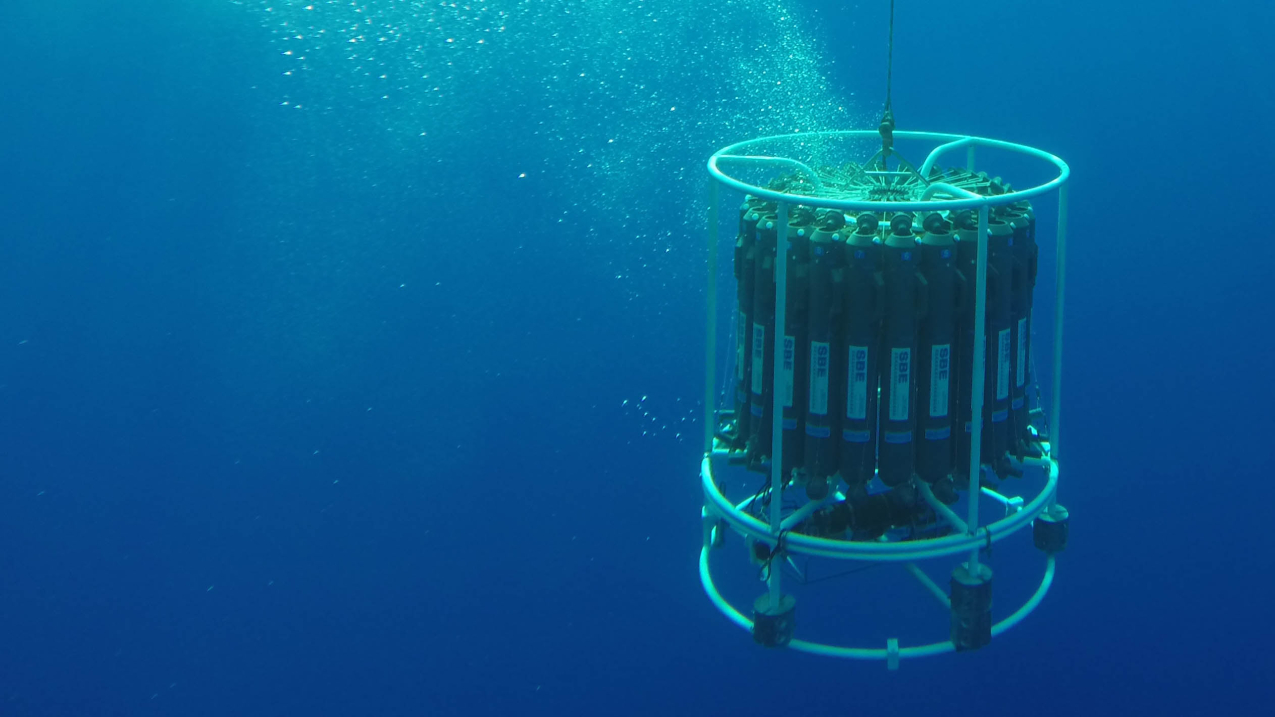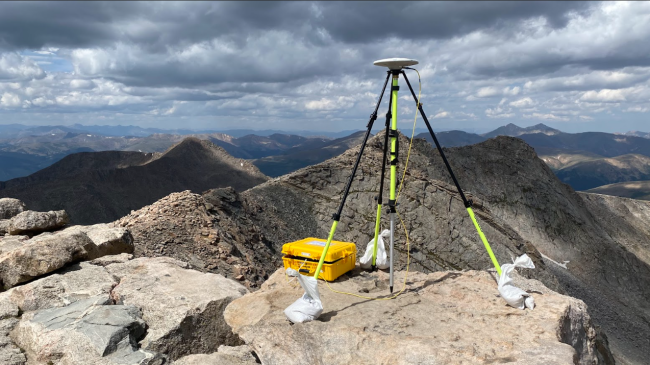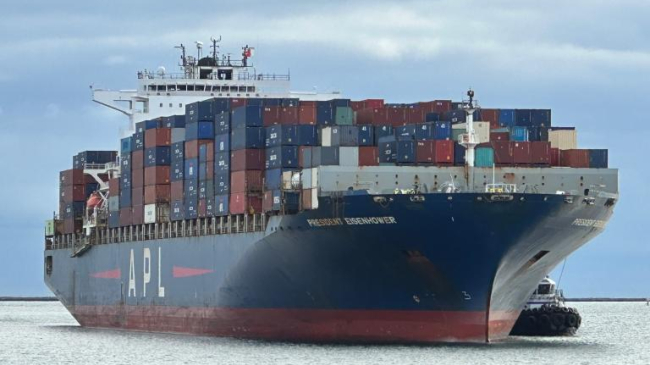
A conductivity, temperature and depth (CTD) instrument descends over the side of the R/V Pelican during a cruise in the Gulf of Mexico to study hypoxia. (Image credit: LUMCON)
NOAA and its partners will report on their recent research cruise to measure the extent of the hypoxic area, or “dead zone,” in the Gulf of Mexico during a media teleconference on Wed., Aug. 3 at 1 p.m. EDT.
In June, NOAA scientists forecasted this summer’s dead zone –– an area of low to no oxygen that can kill fish and other marine life –– to be approximately 5,364 square miles. That is smaller than, but close to, the five-year average measured size of 5,380 square miles, and substantially less than the record of 8,776 square miles set in 2017.
Speakers will discuss factors affecting the measured size of this year’s dead zone and potential effects to living resources, the accuracy of the spring hypoxia forecast and ongoing federal and state efforts in the Mississippi River watershed to reduce nutrient inputs entering the Gulf.
WHAT
Media teleconference on the measured size of the Gulf of Mexico dead zone and efforts to predict and mitigate its effects, followed by Q&A.
WHEN
Wed., Aug. 3, 1:00 p.m. EDT
WHO
- Steve Thur, Ph.D., director, NOAA’s National Centers for Coastal Ocean Science
- Nancy Rabalais, Ph.D., professor, Louisiana State University/Louisiana Universities Marine Consortium; chief scientist on survey cruise
- Mike Naig, secretary of agriculture, State of Iowa
- Bruno Pigott, deputy assistant administrator, Office of Water, Environmental Protection Agency
HOW
Reporters should register using this link:
https://msstate.webex.com/msstate/j.php?RGID=r40b021ccae5c8dec9dc05ed47e1c00c4 offsite link
Media contacts
Alison Gillespie, NOAA, alison.gillespie@noaa.gov, (202) 713-6644
Paul Mickle, Northern Gulf Institute, pmickle@ngi.msstate.edu, (228) 234-2636



